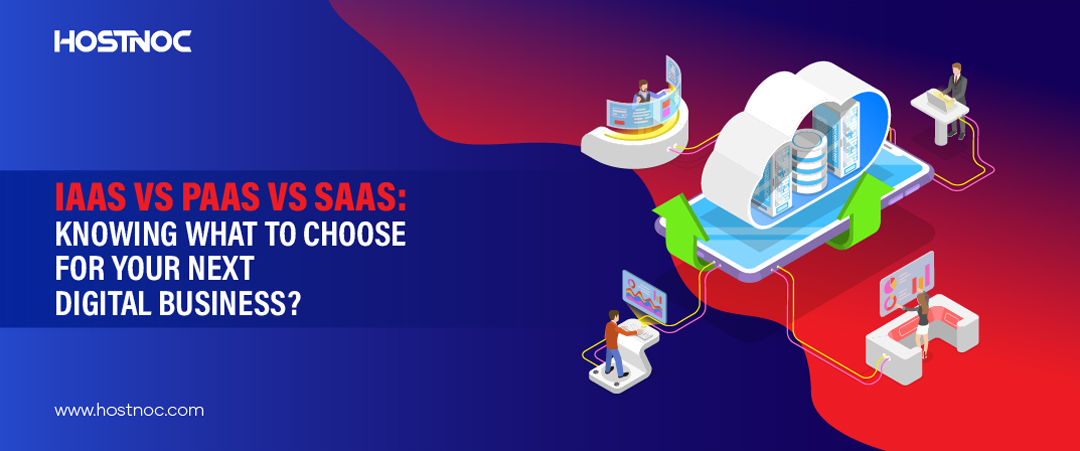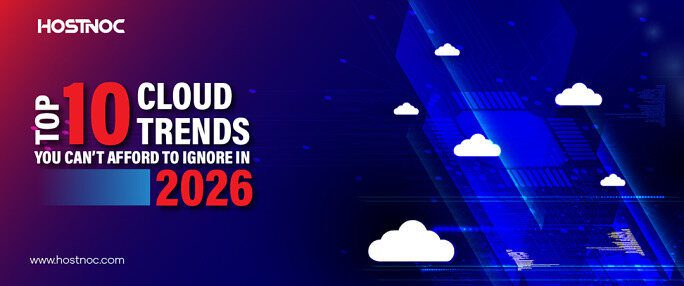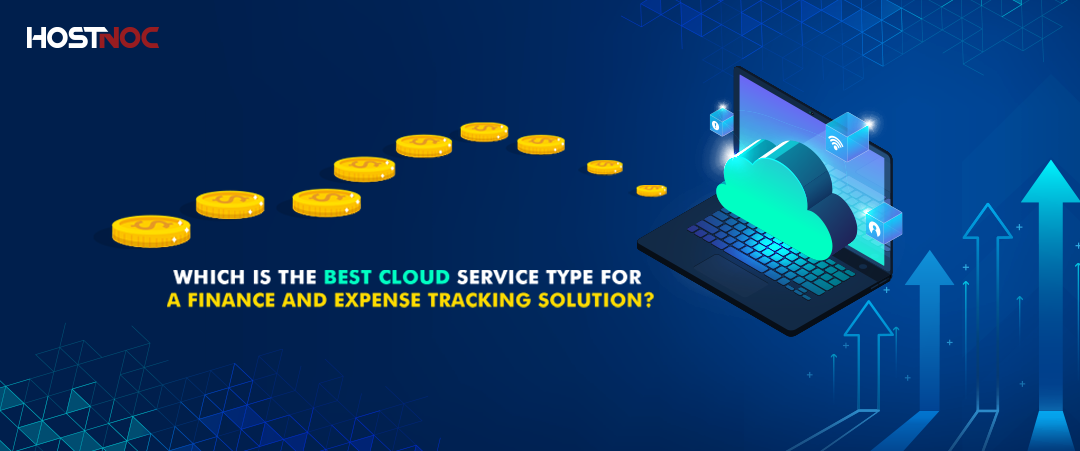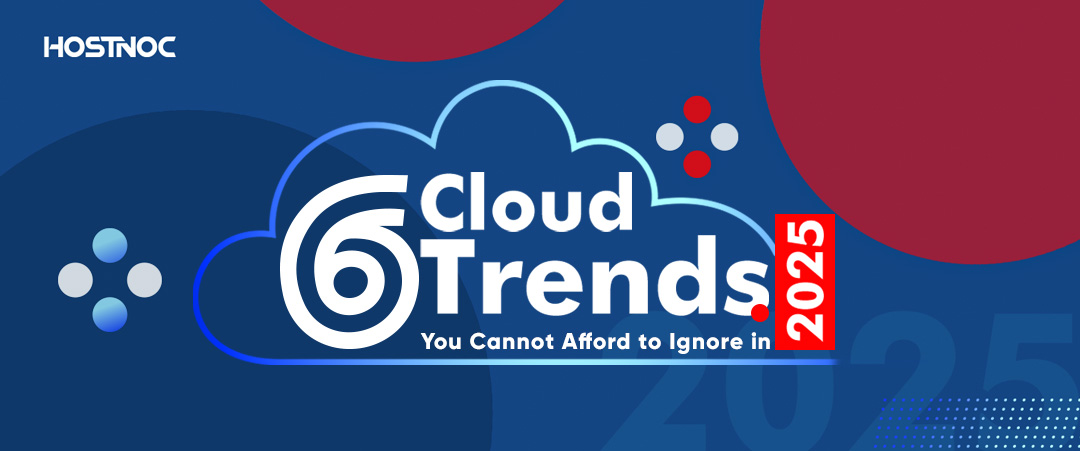Blogs
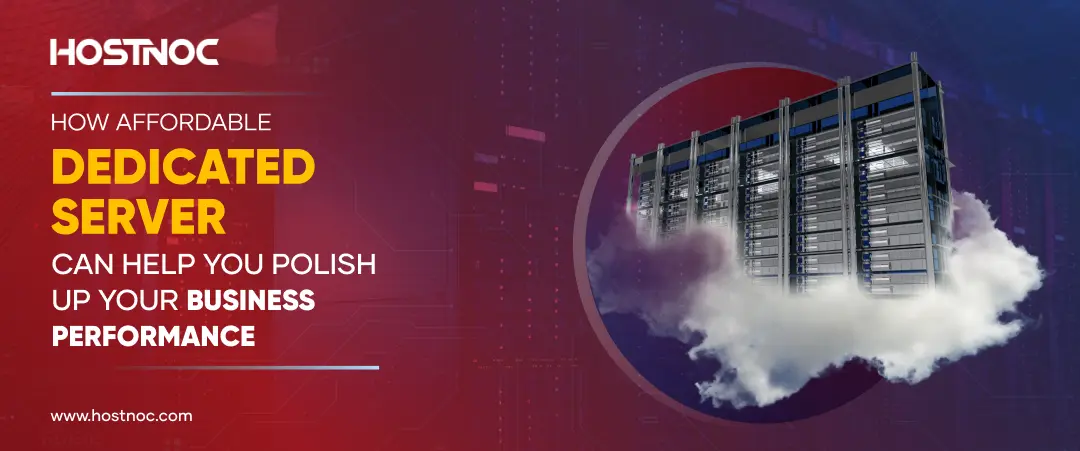
How Affordable Dedicated Server Can Help You Polish Up Your Business Performance
August 30, 2018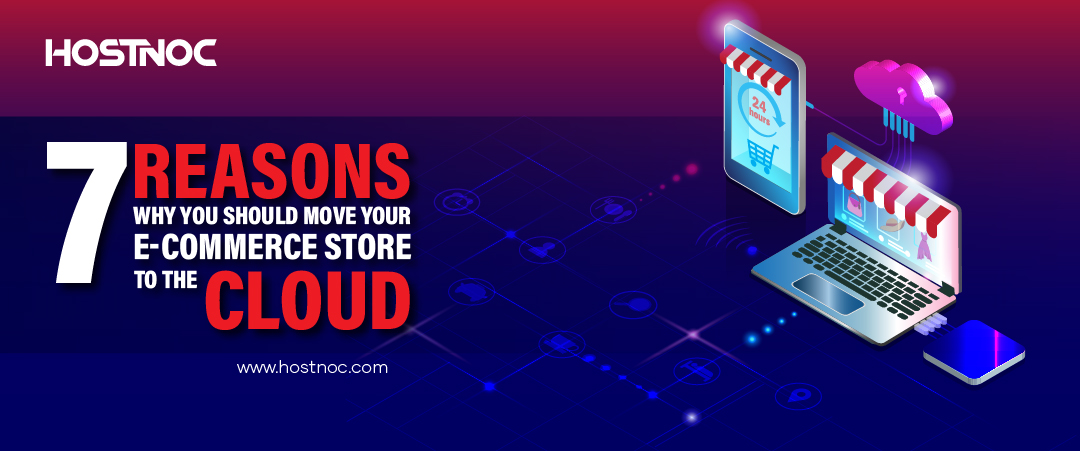
7 Reasons Why You Should Move Your E-Commerce Store to The Cloud
September 7, 2018IaaS vs PaaS vs SaaS: Knowing What to Choose for Your Next Digital Business?
In the world of the Internet, cloud technology has become one of the most widely accepted norms that have taken over the software world abruptly. From small businesses to global enterprises, if your corporate environment entails a digital solution, there is a high probability that its online service is cloud-based. In the world of cloud computing, Iaas vs Paas vs Saas is one element that takes hosting to a whole new level.
The moment you plan on switching your business to the cloud, be it an application or an infrastructure, you must comprehend IaaS vs PaaS vs SaaS the differences and advantages of different cloud types.
Cloud services have three different model types.
- Software as a Service
- Platform as a Service
- Infrastructure as a Service
Each model type has its own benefits and variances. Identifying which one is best for your business is a tough nut to crack. Let’s find out what these model types are and how they cater to your needs.
Software as a Service (SaaS)
The most commonly used concept in the world of cloud is Software as a Service (SaaS). Applications working along the lines of SaaS leverage the power of the Internet to connect users with products. SaaS products are mostly handled by third-party vendors and are run directly from the web browser. It means that you do not have to get involved in the hassles of downloading or installing the application on your device.
The Delivery Process
Installing an app on your personal device is a painless process, but just imagine if you have to do the same for the entire organization… It becomes a nightmare, specifically for the IT department. With SaaS, applications are launched at a remote server location and are accessible by users through the Internet browser. Your SaaS product has a private domain that the user can enter in their address bar and access the dashboard. You, as the owner of the app, will never have to wonder about potential technical issues, such as data, middleware, servers, and storage.
Advantage
The greatest advantage of SaaS-based products is that your users can avoid following long-lasting processes of downloading and installing an application on every machine within your organization. You are relieved from the apprehensions of updates and patch upgrades. Even if your system gets infected or is under attack, your data will still be secured in a remote cloud server at an off-site location.
When to Use SaaS for Your Business?
There are multiple ways in which SaaS can become the perfect solution for your business:
- If you are a startup or a small company and are looking forward to launching your very own e-commerce platform, but cannot handle server issues, SaaS is your go-to solution.
- If you are at a fork-point where your digital product requires short-term projects that entail effective collaboration, you can always get a SaaS-based product for your collaborative services.
- If you want to launch a product that works best on both web and mobile at the same time, go team SaaS.
Examples of SaaS
Google Apps, Dropbox, Salesforce, Cisco WebEx, Concur, GoToMeeting
Platform as a Service (PaaS)
Platform as a Service provides you with a framework hosted on the cloud, where you can create customized applications. It provides cloud components to certain software so one can easily design the perfect app. PaaS enables developers to work on a certain application without experiencing any discomfort, while all their server, storage, and networking hassles are taken care of by a third-party vendor.
The Delivery Process
It follows the delivery model of SaaS; however, the only difference is that it delivers a platform instead of software over the Internet. It provides developers with the liberty to create an application, but only this time, the platform handles technical issues such as managing operating systems, software updates, storage, and infrastructure.
Advantage
PaaS is built-on the virtualization technology, which translates into the fact that resources can easily be scaled up or down in accordance with your vacillating requirement. It provides a variety service that can help you build the application you desire. Besides, a large number of users can work on the application simultaneously and access it in real-time. Also, web services and databases are all integrated, which means that all changes will be made in real-time.
When to Use PaaS for Your Business?
Organizations where multiple developers are working coherently on the same project need to adopt a PaaS environment. Projects where speed, performance, and flexibility in development are the keys, PaaS can easily fulfil your purpose. In case you are planning to create your own custom app for a business, PaaS can be an incredible solution for your business. It is a cost-effective solution that allows you to bid adieu to the aggravations of app deployment and more.
Examples of PaaS
AWS Elastic Beanstalk, Windows Azure, Heroku, Force.com, Google App Engine, Apache Stratos, OpenShift.
Read more: Dedicated Server for Healthcare: The Ultimate Guide
Infrastructure as a Service (IaaS)
Fabricated from highly sophisticated, scalable, and automated compute resources, Infrastructure as a Service (IaaS) helps you deploy complete cloud infrastructures on the Internet. It is a full-scale infrastructure service that allows you to create and manage complete physical servers. People working on IaaS are able to self-provision their infrastructures with the help of an IT operations management console, which is usually provided by the service.
The Delivery Process
Infrastructure as a Service (IaaS) creates an infrastructure where everything, running the gamut from servers and networks to operating systems and storage, is available through stellar virtualization technology.
Access to such cloud services is provided to the user through a dashboard or an API. The client accessing IaaS enjoys an undisputed control over the entire infrastructure, and they can deliver traditional data center services without getting their head stuck in maintenance and management.
Advantage
IaaS is one of the most flexible cloud computing models. You can purchase hardware based on the amount of service you are consuming. IaaS platforms are highly scalable, which means that you can scale them as per your preference. If you are a client working with IaaS, you can experience full control over your virtual platform. As opposed to SaaS or PaaS, IaaS clients are responsible for managing various aspects such as applications, runtime, OSes, middleware, and data.
When to Use IaaS for Your Business?
Similar to SaaS and PaaS, IaaS is also used in environments where businesses are seeking a cost-effective solution. Here, you don’t have to invest anything in either hardware or software resources separately. It is also a wonderful thing for enterprises seeking full control of applications and infrastructure.
It is also a prudent choice for organizations that are rapidly growing or evolving, as you will not have to incur any extra costs in purchasing hardware or software as your business continues to evolve.
Example of IaaS
DigitalOcean, Linode, Rackspace, Amazon Web Services (AWS), Cisco Metapod, Microsoft Azure, Google Compute Engine (GCE).
Featured Post
Top 10 Cloud Trends You Can’t Afford to Ignore in 2026
The cloud computing landscape is rapidly evolving, and by 2026, businesses, organizations, and individuals will be deeply intertwined with advanced cloud solutions. From hybrid architectures to […]
Which Is The Best Cloud Service Type for Finance and Expense Tracking Solution?
Table of Contents Different Cloud Service Types Infrastructure-as-a-Service (IaaS): Platform-as-a-Service (PaaS): Software-as-a-Service (SaaS): Software as a Service: The Best Cloud Service Model for Finance and Expense […]
6 Cloud Trends You Cannot Afford to Ignore in 2025
6 Cloud Trends computing is undergoing a paradigm shift and 2025 promises to bring even more groundbreaking changes. For businesses aiming to stay competitive and secure, […]
